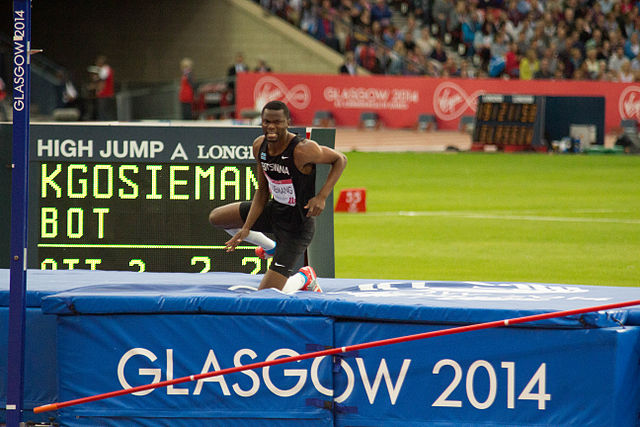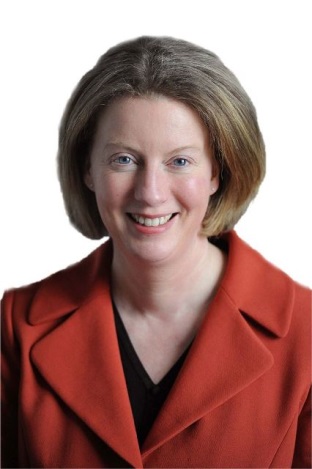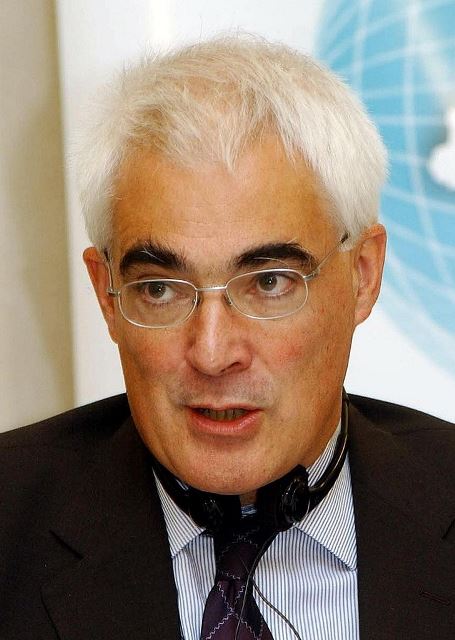
One of the key opportunities for a city hosting a large scale event such as the Commonwealth Games is the legacy. After years of planning and 11 days of competing, the Glasgow Commonwealth Games 2014 attracted more than 600,000 people to Glasgow and a record amount of medals for Scotland. There is no doubt that the games were successful, but what now? Here, we take a look at what kind of impact the Games will have on employment in Scotland, with a little help from some key political and community figures…
Employment legacy
Jobs are a major part of the Commonwealth Games legacy; many jobs were created prior to, during and after the 11 day event. Shona Robison, Cabinet Secretary for Commonwealth Games, Sport, Equalities and Pensioners’ Rights, explains:
‘The Games procurement is estimated to have supported as many as 30,000 positions. The £500 million spent on the construction of the Athletes’ Village over the last six years has, on average, supported around 1,000 jobs and contributed £52 million to Scotland’s economy each year. And through our national legacy programmes, there are around 5,000 Games-related training and job opportunities across Scotland for those who can benefit most.
‘Scotland’s Best is an employability programme for 1,000 young people aged 16 to 24. It combines training and volunteering, with successful participants achieving a qualification at the end. The programme employed over 600 hundred young people, those furthest from the labour market, who have developed skills lasting them a lifetime.’

Games’ success stories
Adam Martin was employed as a direct result of the Games:
‘As a volunteer Youth Legacy Ambassador, I would initiate legacy projects in my local authority. Some of these involved setting up multi-sports sessions in various primary schools to spread the message of the Glasgow 2014 Games. These sessions involved trying to get as many children more physically active on a weekly basis as possible. We also worked with Active Schools to assist running their Summer Camps to make sure there was an element of Glasgow 2014 throughout their delivery across holiday programmes and one-off lessons. Finally, I delivered a number of assemblies around the Commonwealth Games and the Queens Baton Relay to educate the children and teachers of my area about the differing ways the Commonwealth Games helps the countries involved.’
His voluntary role soon led to a permanent position.
‘Now I am a full-time Active Schools Coordinator and my role is to organise as many clubs and classes as possible for the local area. To deliver the legacy, my main aim is to capitalise on the high spirit of the Games and ensure everyone who wants to be active is allowed the opportunity to do so. The hard part of the job is keeping this enthusiastic approach to sport going after the games by using stars of the Games in different competitions to keep inspiring the children every year for example, looking forward to Rio 2016.’
‘Increased participation’
Robbie, Community Sports Hub Development Officer said:
‘Prior to the start of the Games I was responsible for promotion of the Games to the local communities around Glasgow. This would involve identifying opportunities to attend events at the games. My role changed during the games, to highlighting and increasing awareness and momentum of the Games.’
‘Post-Games, my role has evolved and is now to ensure there is an increase in sporting opportunities for the local community and that clubs are ready for the inevitable increase in participants – this includes increased coaches, equipment and facilities.’
‘The increased participation within active schools programmes has also seen, opening up potential employment in such roles as, Sessional Coaches, Active School Coordinators, and Community Sports Hub Development Officers. I think the effect on the job sector from the game has been greater than initially expected, as local clubs grew and continuously expand employment opportunities with increase.’

The Commonwealth Games’ effect on jobs in Scotland has been a hugely positive one, and seems set to last. This is not to mention the added benefits to Scottish tourism, both in terms of jobs and the wider industry which, as Alistair Darling comments, ‘contributes as much wealth as the financial sector.’
The Games were no flash-in-the-pan event for Scotland or for Glasgow. Next year, the city proudly welcomes the European Judo Championships to the Emirates Arena, the IPC World Swimming Championships to Tollcross International Swimming Centre and the World Gymnastics Championships to the SSE Hydro. It looks like the legacy of the Commonwealth Games is set to continue shining for many years to come.
Shona Robison photo by The Scottish Government and Alistair Darling photo by Antonio Cruz/ABr. Both used under Wikimedia creative commons licence.
Images courtesy of the contributors, and top image by Graham Campbell, used under Creative Commons.

